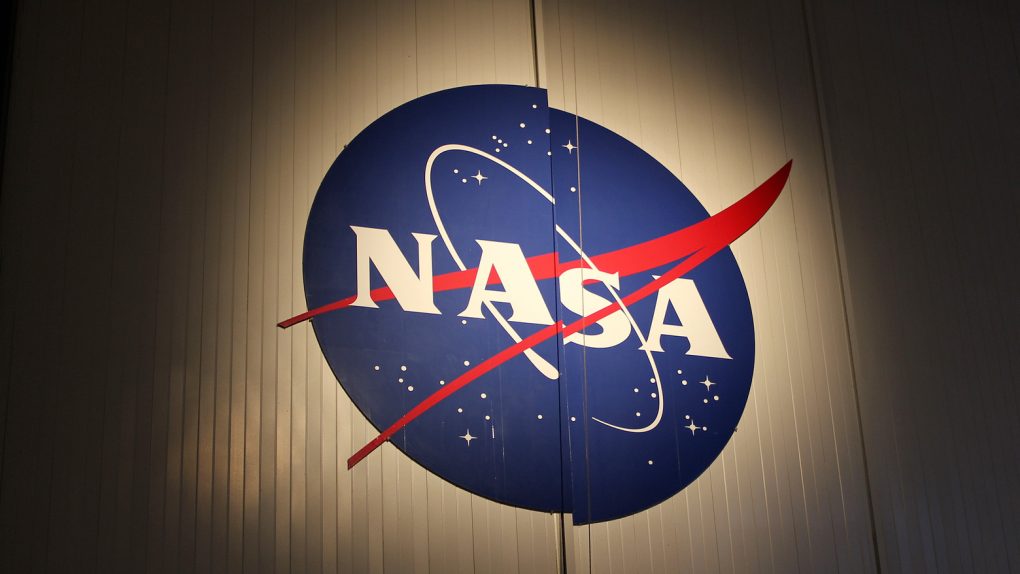Exploring space isn’t cheap. We live in an age where technology is allowing us to discover distant worlds and learn more about our neighboring planets than ever before, but many top space agencies — including NASA — are finding it harder and harder to pay their bills. Now, NASA’s new director is opening kicking around the idea of selling off the naming rights to various scientific pursuits and expanding the endorsements that NASA astronauts and the space program are involved in.
The idea is that by privatizing spaceflight, the administration can generate additional funding for its various goals. At the moment, NASA is well behind the required budget if it actually hopes to meet its manned Mars mission goals, and that money is going to have to come from somewhere.
“Why would we want to sell the naming rights?” NASA director Jim Bridenstine said during a meeting of the NASA Advisory Council. “Well, because then those private companies can then embed in their marketing campaigns NASA. We can embed NASA into the culture and fabric of American society and inspire generations of folks that will create those next capabilities to keep America preeminent not only in space but in science and technology and discovery and exploration.”
Does this mean we’ll see spacecraft decorated like NASCAR racers? Probably not, but it does open up the possibility of sponsored missions and astronaut endorsements. Additionally, astronauts could be freed up to pursue their own personal endorsement opportunities, in a similar way to sports figures, which could help draw more talented scientists into NASA’s ranks.
But even if NASA was in universal agreement about this new strategy — spoiler: they aren’t — there’s still significant rules and regulations in place that would prevent it. Many of those rules would have to be rewritten or removed entirely in order for commercialization of the U.S. space program to happen. We’ll have to wait and see how this pans out, but two things are certain: NASA needs money and U.S. companies have a whole lot of it.








